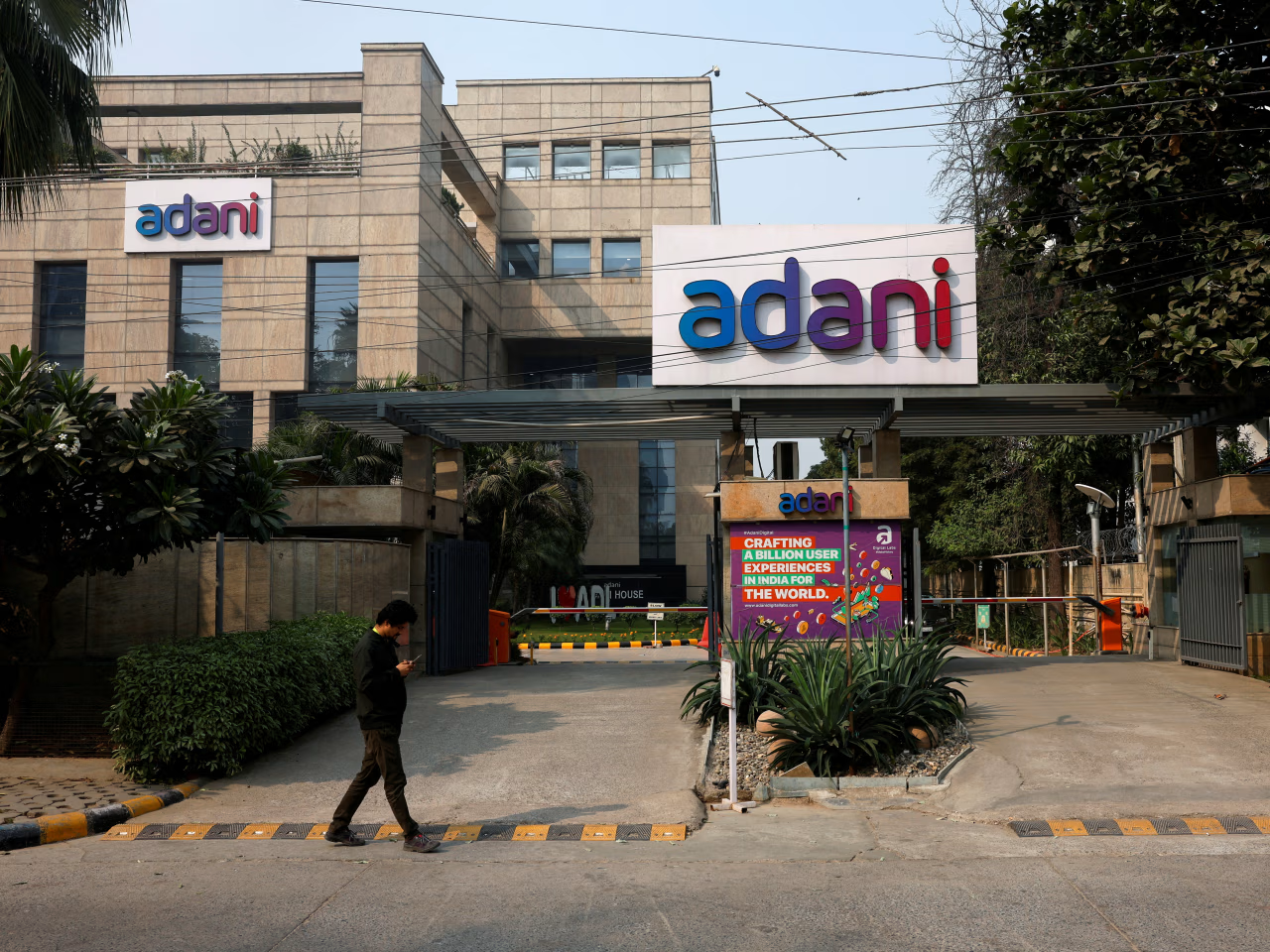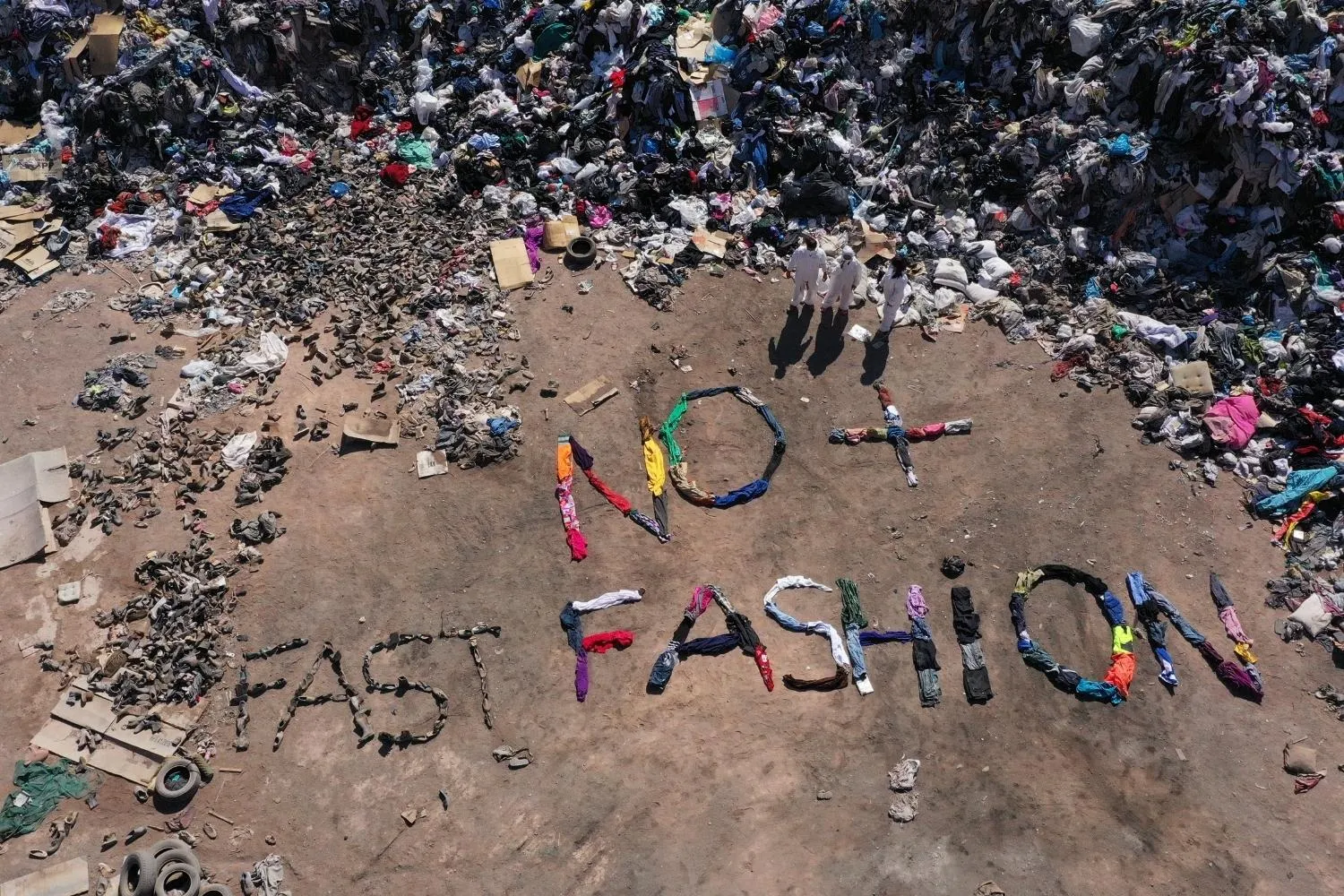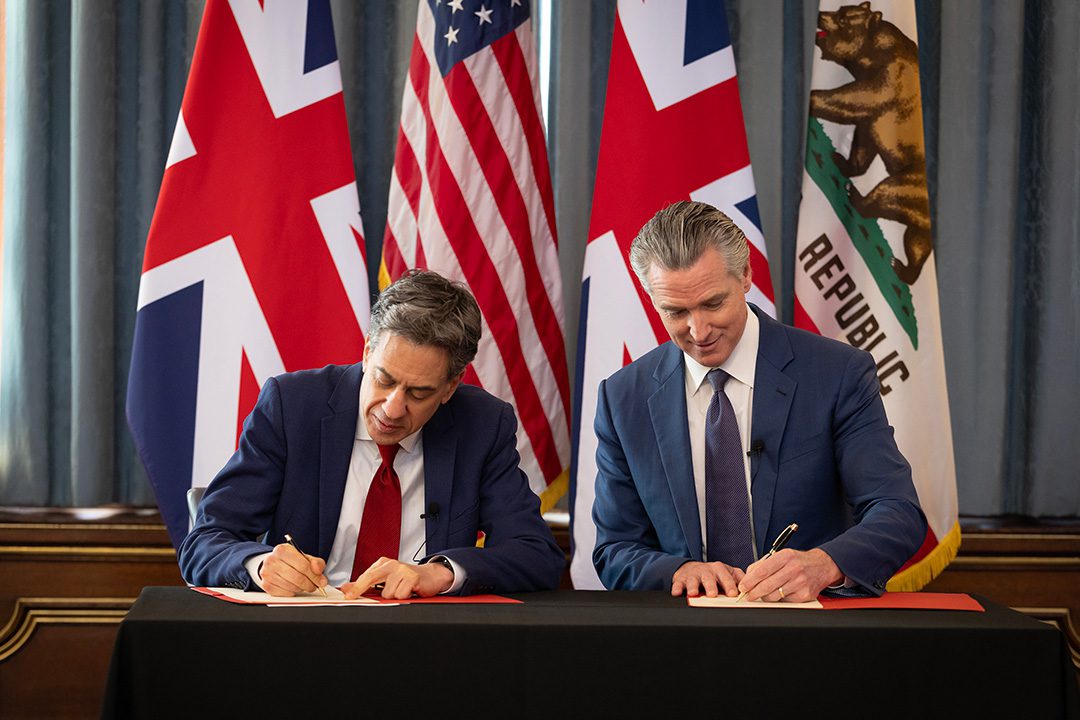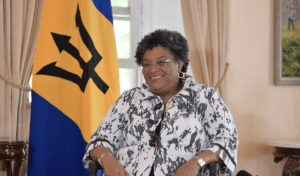Key Impact Points:
- $4 Trillion Gap: Developing economies face a $4 trillion annual shortfall in financing to meet SDGs.
- Global South Struggles: 1 in 4 developing countries will end the year poorer than pre-pandemic levels, according to the World Bank.
- G20 Initiatives: G20 recommendations focus on scaling sustainable finance, especially for the Global South.
What’s Happening
Finance Minister Nirmala Sitharaman highlighted the critical shortage of developmental finance, noting it is hindering developing economies from achieving Sustainable Development Goals (SDGs). The financing gap is a staggering $4 trillion annually.
The Bigger Picture
Addressing the third Voice of Global South Summit virtually, Sitharaman pointed out that recent reports show stagnation in SDG progress for many developing countries, with some indicators regressing. This funding gap is impeding growth and efforts to reduce poverty.
She emphasized:
“Growth remains insufficient to drive progress in development and poverty reduction. To accelerate progress on SDGs, there is an urgent need to address the USD 4 trillion financing gap.”
Why It Matters
The global South is especially vulnerable to global uncertainties, with the World Bank estimating that one in four developing countries will end the year poorer than before the pandemic. Sitharaman underlined that global growth is essential to breaking this cycle and called for urgent action.
Change the World - Subscribe Now
G20’s Response
India’s G20 presidency has been proactive in pushing for solutions. Sitharaman noted that their efforts led to the creation of the G20 Sustainable Finance Technical Assistance Action Plan, which is now being implemented under Brazil’s presidency. This plan focuses on scaling sustainable finance for the Global South by leveraging social impact and blended finance instruments.
“Our efforts also led to the G20 Sustainable Finance Technical Assistance Action Plan, which is now being implemented under the Brazilian presidency to build capacity for scaling up sustainable finance tailored to the needs of Global South.” – Sitharaman said
A Call for Reforms
Sitharaman also addressed the need for comprehensive reforms in multilateral development banks (MDBs). She argued that MDBs must become more agile and responsive to the financing needs of developing nations. These reforms should include new financial innovations and the potential for fresh capital infusions.
She remarked: “It is critical that the financing requests made to MDBs are met with speed and agility. This will require reforms, both at operational levels as well as identifying new additional sources of finance.”
Looking Ahead
Sitharaman concluded by advocating for private capital mobilization and concessional financing to help developing countries, particularly in climate-related challenges. She called for expanded support for middle-income countries, stressing that private capital must be more effectively harnessed for development goals.
The Bottom Line
Growth and financial innovation are key to closing the $4 trillion SDG financing gap. Sitharaman’s message to global leaders: the time to act is now.

 Follow SDG News on LinkedIn
Follow SDG News on LinkedIn











